Kurdish film director finds safety – and success – in Switzerland
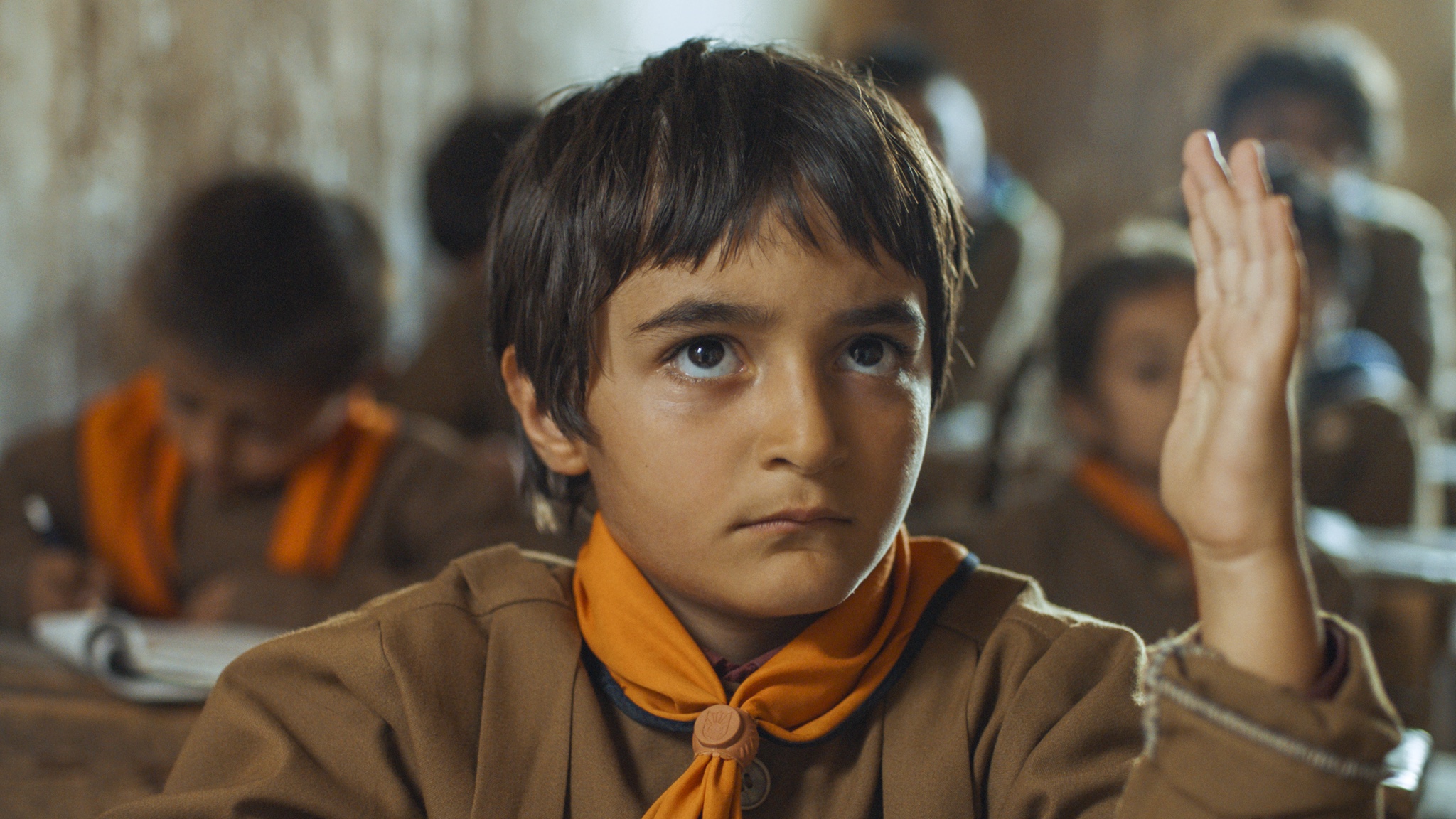
Can a film help host countries and refugees learn to live together in a more tolerant atmosphere? Yes, says Mano Khalil, a Syrian-Kurdish-Swiss filmmaker plagued by years of persecution.
Since the uprising in Syria turned into open war in 2012, millions have fled the country, thousands of whom have reached Europe as well as Switzerland.
Mano Khalil was once arrested upon arriving in Syria simply because a journalist in the former Czechoslovakia had called him a Kurd in an article. At the time he was studying film in Czechoslovakia. Khalil was able to buy his way out, but he soon had to leave Syria because of a film he had made in secret that was critical of the regime.
Khalil has felt persecuted ever since he can remember. As a child he was not allowed to do many things and was afraid of many others. He says he was not even allowed to speak his mother tongue, Kurdish – even with his siblings at school.
Regime propaganda
Khalil remains critical, human and melancholic in his new film, Neighbours, which premiered at the Solothurn Film Festival in January and is now being shown in at the Locarno Film Festival as part of the Panorama Suisse section.
His story as a child is also the story of all Syrians in the 1980s, Khalil told SWI swissinfo.ch. The film is meant to be “an attempt to bring the hosts closer to the complex background history of the many people who have come here from Syria”.
In the film Jews, Kurds and Arabs live in a small village on the Syrian-Turkish border – all neighbours who share the same problems and support each other. It’s only when a teacher from Damascus comes to the village, spreading the regime’s propaganda, that mistrust begins. Central to the imported propaganda is the incitement against the Jews and the suppression of Kurdish culture, especially the language.
Told from the perspective of Sero, a Kurdish schoolchild, Neighbours moves through daily routines, subtly exposing the cruel effects of the regime’s propaganda. When the new teacher tries to teach Sero and his classmates how to behave towards Jews, he makes the children stand in a circle with a doll in the middle. The teacher holds a knife out to them one by one. They have to stab the doll as brutally as possible, imagining it is a Jew. Sero is shocked and becomes increasingly suspicious of his Jewish neighbours, who are otherwise always very kind to him.
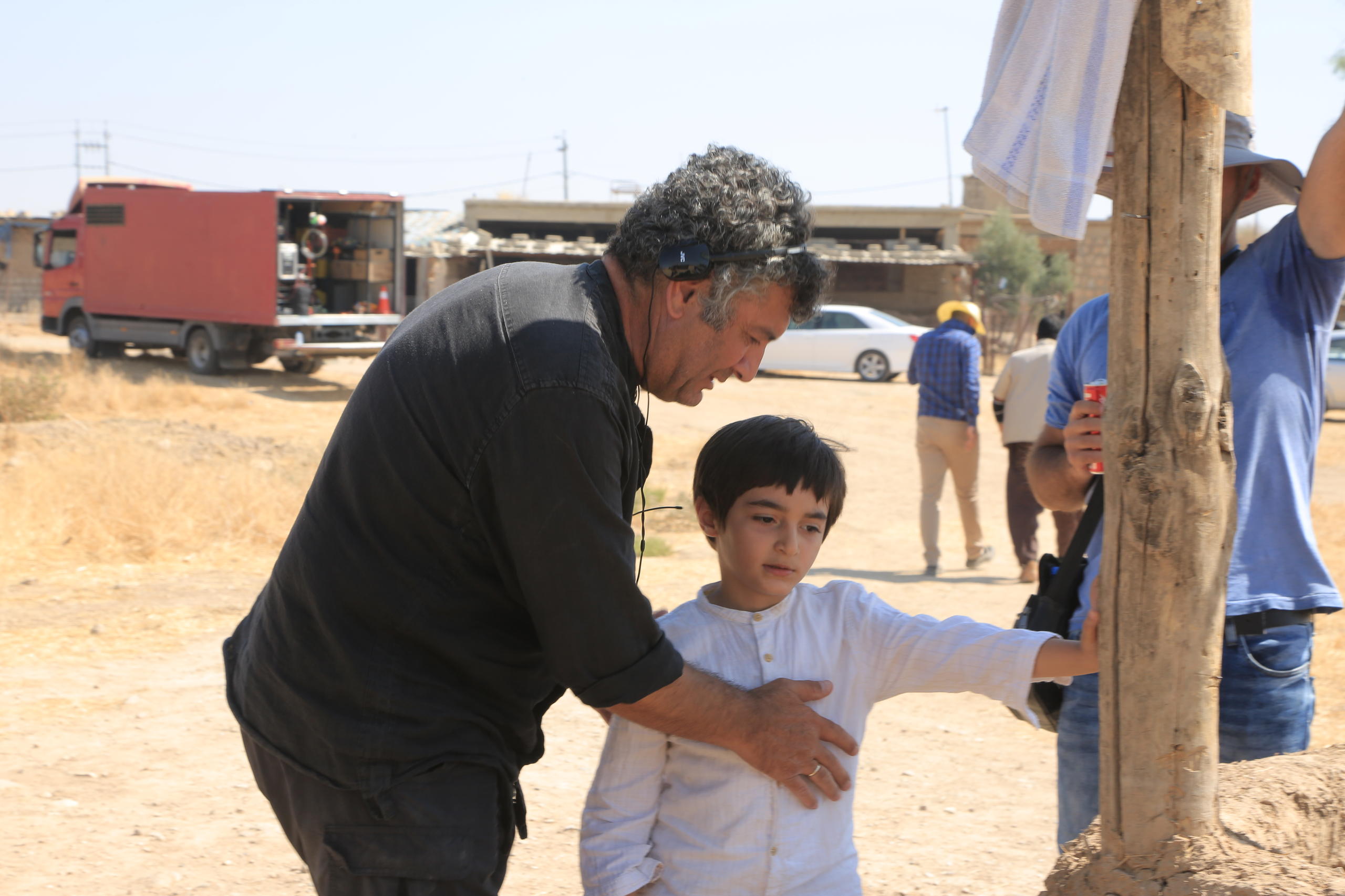
A film for now and then
The situation in Syria before the outbreak of the uprising in 2011 was not much different from the 1980s, Khalil points out. A regime that spreads hatred and oppresses the population regardless of religion and ethnicity.
“The Assad family has claimed the whole country for itself. Syrians are treated like foreign bodies and could be kicked out at any time,” he says.
As a Kurdish director, Khalil is interested in the concerns of the Kurds in general, not just in Syria. He already addressed the difficult situation of the Kurds in his first film, Where God Sleeps, which was shot in secret in Syria. The film won the “Cinema for Peace Award” for Most Valuable Documentary of the Year in the Berlin Film Festival (Berlinale) in 2017.
But in the 1990s Khalil was declared a traitor and a separatist and had only two options: “live like a slave in Syria and be in constant fear of being arrested, or go abroad”.
He chose the latter and sought asylum in Switzerland in 1996. A country where he could enjoy his freedom and realise his dreams, he says. However, the ambitious director initially had to spend two years in an asylum centre. Neither his law and history studies nor his work as a filmmaker counted for anything there. He emphasises repeatedly that “in the asylum centre he was just a number on a sheet of paper”, in the sense that he was treated as though he had no name and no past.
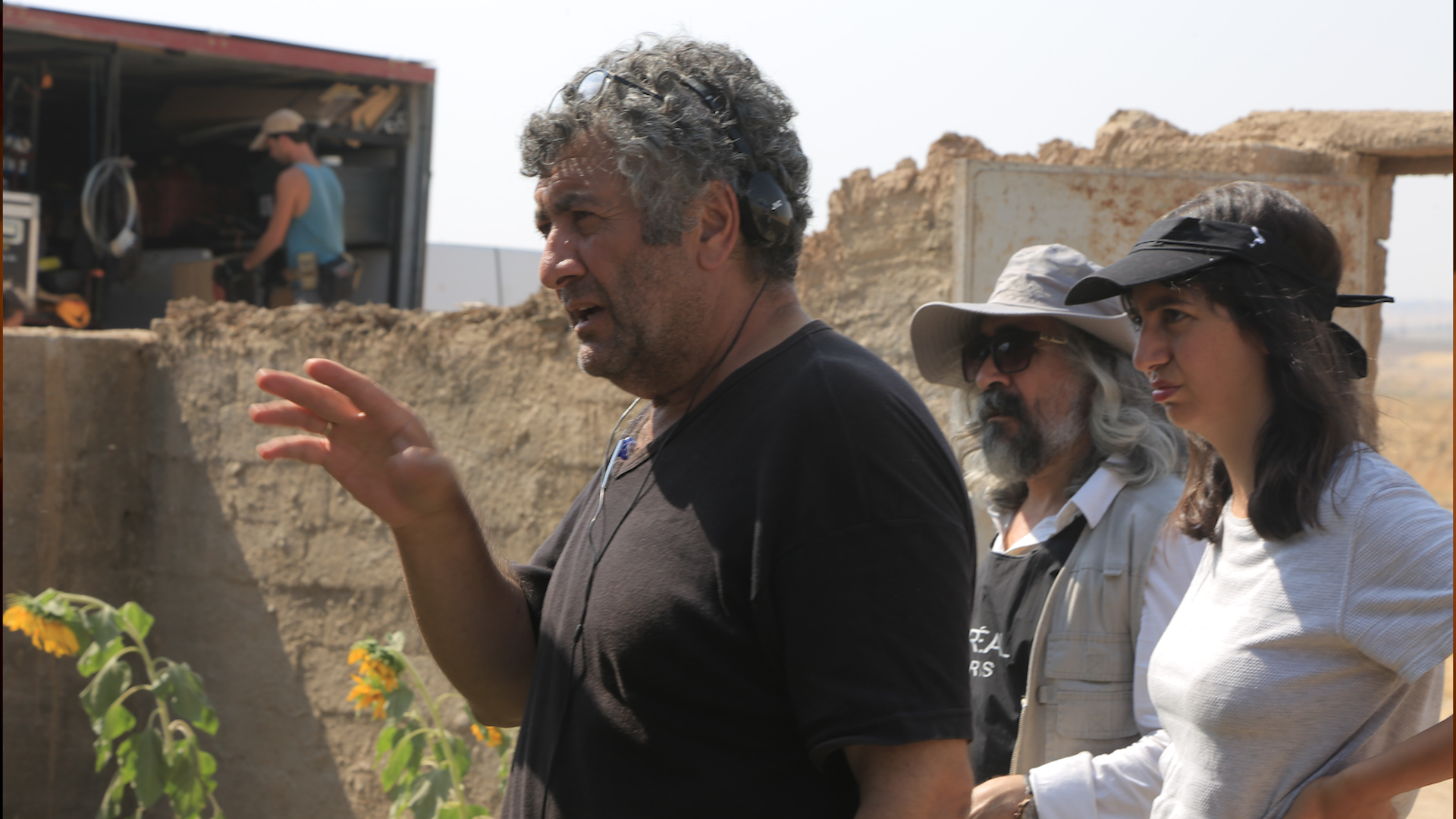
More
Why did Syrians turn to Europe for shelter? A filmmaker explains
Recognition
Nevertheless, he didn’t give up and made his first short film (31 minutes), Triumph of Iron, while in the Swiss asylum centre. He shot almost the entire film alone with a borrowed Hi-8 camera that he operated remotely. The film is spoken in Slovakian, Albanian, Italian, Kurdish, English and German. He was allowed to show his film in Solothurn, Switzerland’s most important national festival, and was nominated for the “Best Short Film” award.
He suddenly became a name and since then has been able to make several films and win a number of awards, including the Bern Film Prize in 2010 for Our Garden of Eden, which was also nominated for the Swiss Film Prize in 2011. In 2013 he won the main prize in Solothurn for The Beekeeper, which was also nominated for the Swiss Film Prize in 2014.
Today, Khalil is firmly part of the Swiss cultural scene.
Refugess within & without
In 2019, the United Nations High Commissioner for Refugees (UNHCR) recorded 6.6 million refugees from Syria, more than from any other country. Almost as many Syrians – more than 6.5 million – were displaced within their own country, according to the Internal Displacement Monitoring Centre, which analyses data on internal displacement.

In compliance with the JTI standards
More: SWI swissinfo.ch certified by the Journalism Trust Initiative








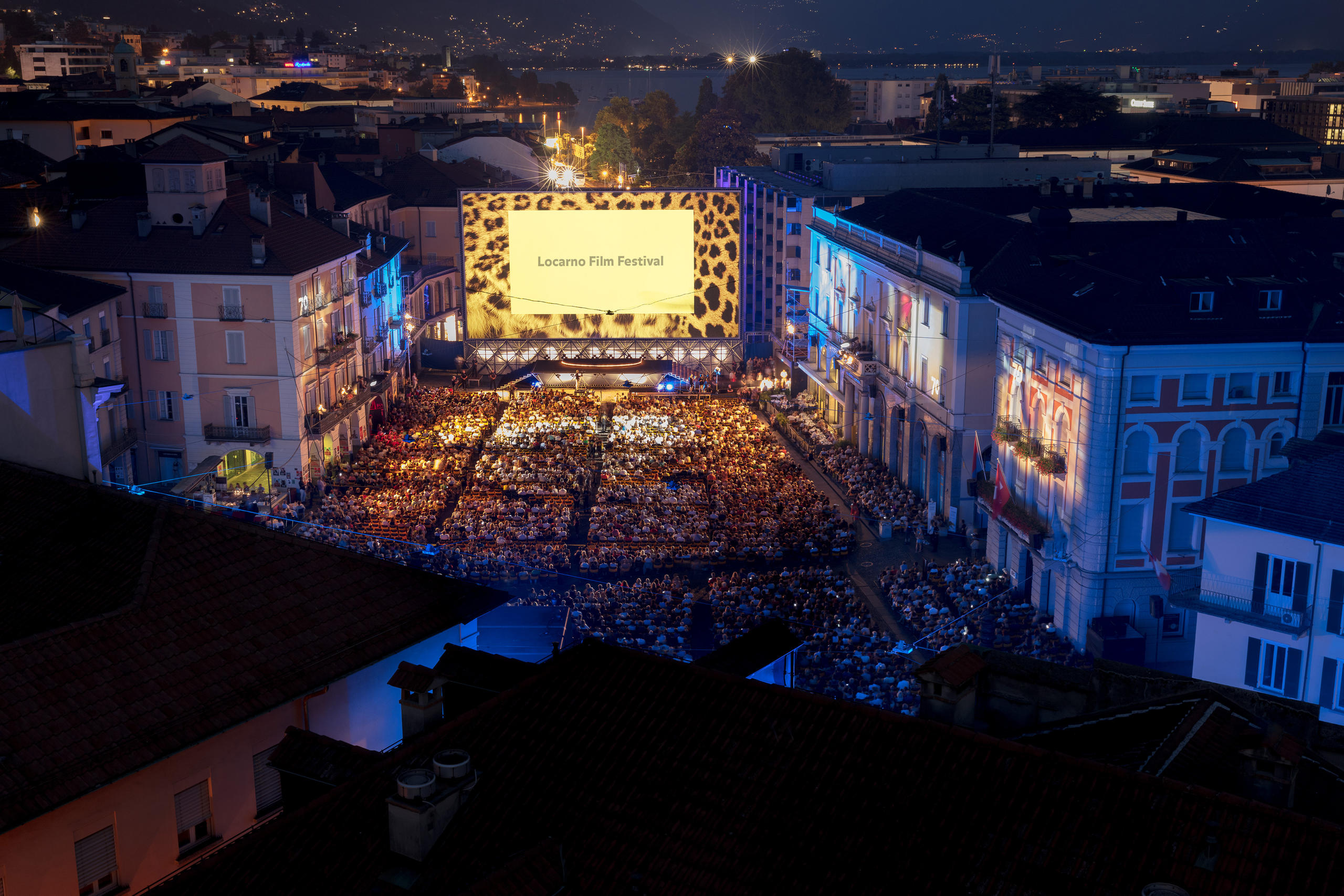
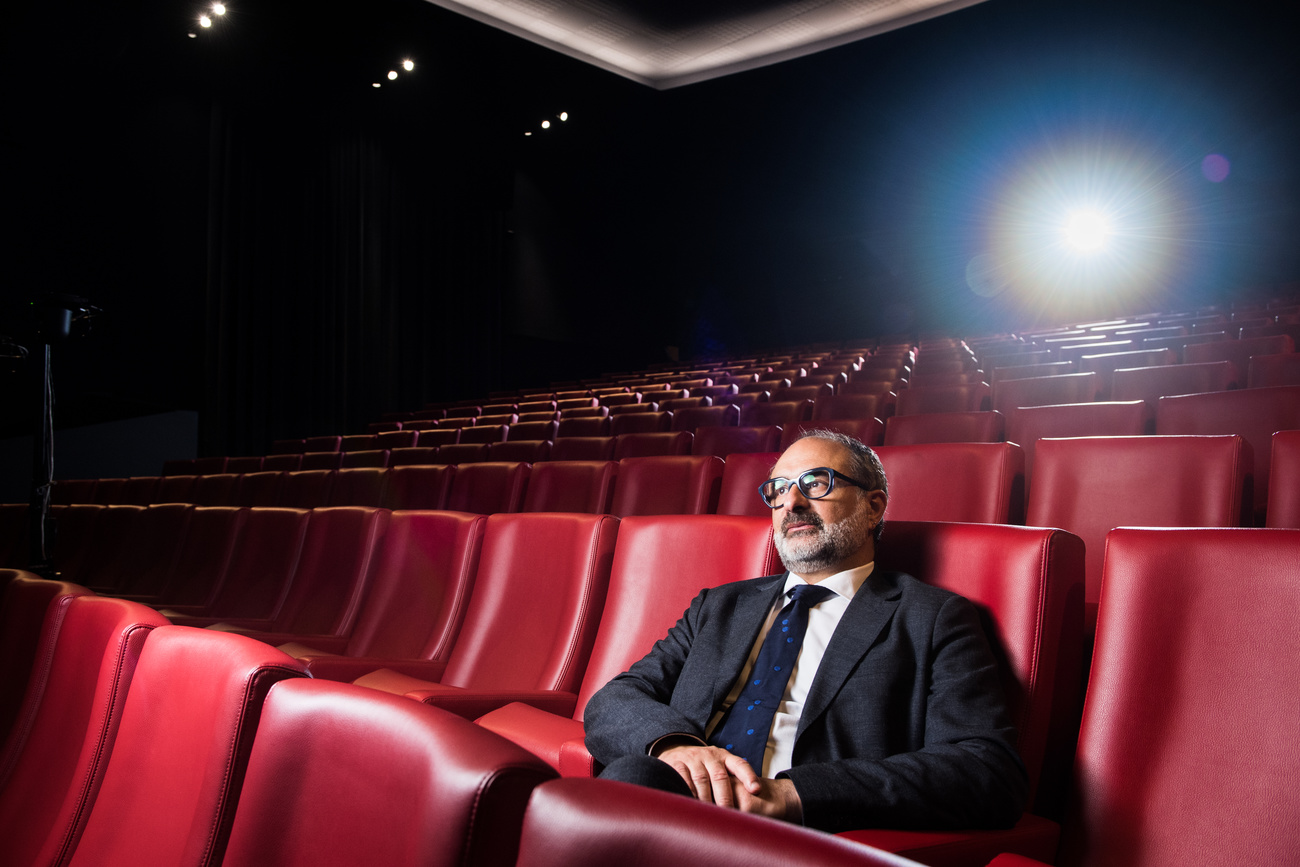
You can find an overview of ongoing debates with our journalists here . Please join us!
If you want to start a conversation about a topic raised in this article or want to report factual errors, email us at english@swissinfo.ch.